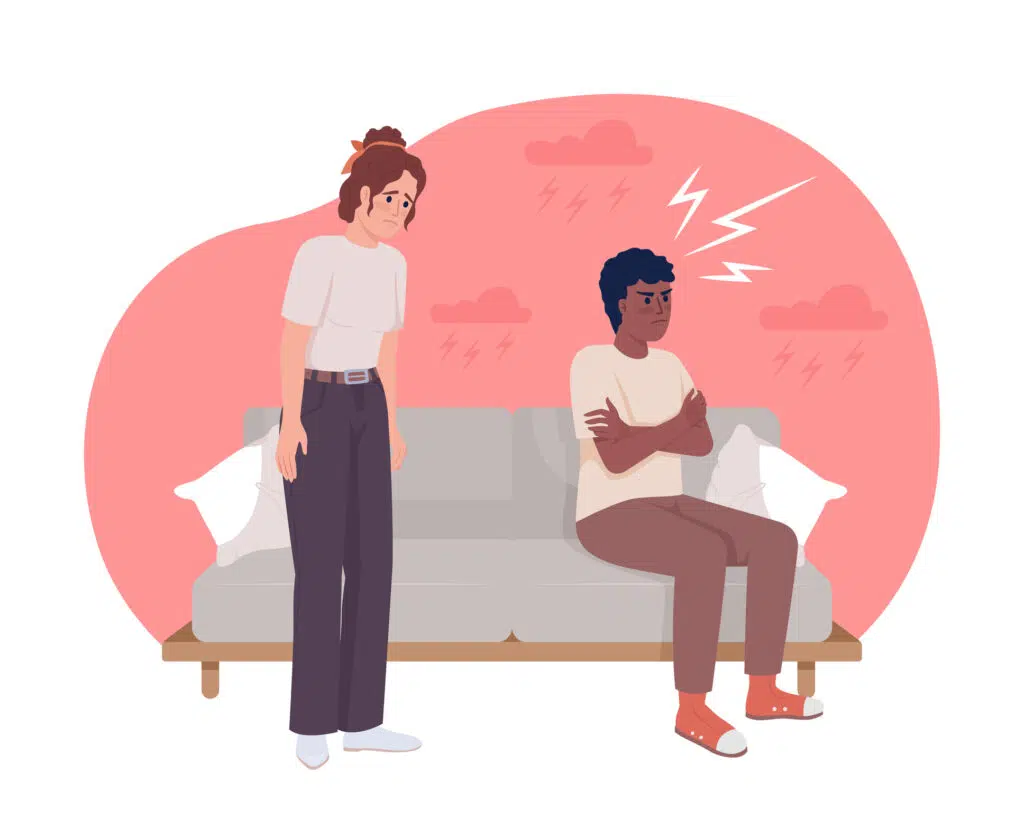How Stress Affects Your Physical Health

Many people offhandedly complain about day-to-day stress, but they may not realize how much of an impact it can have on their immediate and long-term health.
At Thriving Mind Psychology, the experienced therapy team offers a variety of services that can help you learn how to manage stress and prevent it from negatively affecting your physical and mental health.
Understanding stress
Stress is the natural response of your body to potentially dangerous situations. When you’re in a situation that causes stress, your brain stimulates the release of stress hormones to trigger your body’s fight-or-flight response. This response can help you react to a situation at hand.
As a result of the release of stress hormones, you may feel your:
- Heart race
- Muscles tense up
- Breathing quicken
The purpose of releasing stress hormones is to spur you to react to a situation or remove yourself from a dangerous situation.
The impact of excess stress on your physical health
When you’re constantly under the weight of stress, it can begin to affect your physical and mental health. In fact, chronic stress can have an impact on virtually all of your body’s systems.
Chronic stress at work or home can increase your chances of developing recurrent headaches, stomach upset, and chronic muscle tension. It might also increase your chances of developing chronic health conditions, such as:
Heartburn
The stress response can increase the production of acids in your stomach, which can worsen existing heartburn or cause it to become chronic.
Shortness of breath
Being overstressed can cause tension in the muscles that control your breathing, which can lead to persistent shortness of breath.
Weakened immune system
Chronic stress can break down your body’s natural defense system, which can weaken your immunity against infections and diseases.
High blood sugar
When you’re under stress, your liver can allow extra sugar to be released into your blood. This can increase your risk of developing Type 2 diabetes, which could cause additional long-term health complications.
High blood pressure
The release of stress hormones can cause your blood vessels to become tighter and more narrow. This can elevate your blood pressure levels, which can increase your risk of suffering blood vessel damage, irregular heart rates, and heart attacks.
Sexual dysfunction
Chronic stress can have an impact on the sexual health of both men and women. Stress can result in chronic fatigue and a reduced sex drive. Men can experience erectile dysfunction due to uncontrolled stress, which can lead to fertility issues.
Stress hormones can interfere with a woman’s normal menstrual cycle and even cause it to stop completely, which can lead to infertility.
Depression and anxiety
When you’re constantly under stress, it can break you down emotionally and lead to issues with depression and anxiety.
Insomnia
Any level of stress can make it difficult to fall asleep. When disrupted sleep patterns occur frequently, it can lead to insomnia, which in turn can cause anxiety, persistent fatigue, and other chronic health conditions.
Getting help for chronic stress
Because stress can negatively impact your overall health and wellness, the team at Thriving Mind Psychology offers comprehensive services that can help you take back control. Expert psychologists will customize your treatment to help you achieve a higher quality of life. They offer a number of treatments, such as:
- Talk therapy
- Online Video Teletherapy
- Cognitive-behavioral Therapy
- Acceptance-Commitment Therapy
- Neurofeedback
- Mindfulness Meditation
The Thriving Mind Psychology team will also provide guidance for making necessary changes to your lifestyle, sleep habits, and exercise regimen, so you can learn how to prevent stress from negatively impacting your health.
To learn more about the stress management therapies available, book an appointment online or over the phone with Thriving Mind Psychology today.

How to Move On After a Friendship Breakup
Friendship breakups can sting just as much as a romantic breakup. After all, you’re experiencing a loss of shared history and an understanding of each other that can leave you feeling lonely and isolated. Not all friendships are forever, but moving on from the loss of a friendship does take time and some self-compassion.

Signs You’re in a Toxic Relationship
A toxic relationship can chip away at your well-being and happiness. Toxic partners can be manipulative and charming, making it difficult to recognize the signs that you’re in a toxic relationship. You deserve to be in a supportive and healthy relationship.

10 Common Marriage Reconciliation Mistakes to Avoid After Infidelity
Infidelity can leave couples devastated. If you’ve been affected by infidelity and want to salvage your relationship, rebuild trust, or make a tough decision, keep reading for 10 common reconciliation mistakes to avoid after infidelity.

Survey: 72% of Americans are Stressing About the Upcoming Presidential Election
Political viewpoints in the U.S. have always been contentious, but is the impact of politics in the United States making it difficult for people to live their everyday lives? With some anticipating another brutal and long campaign season ahead of the upcoming 2024 presidential election, nearly half of Americans say politics is negatively impacting their mental health.




